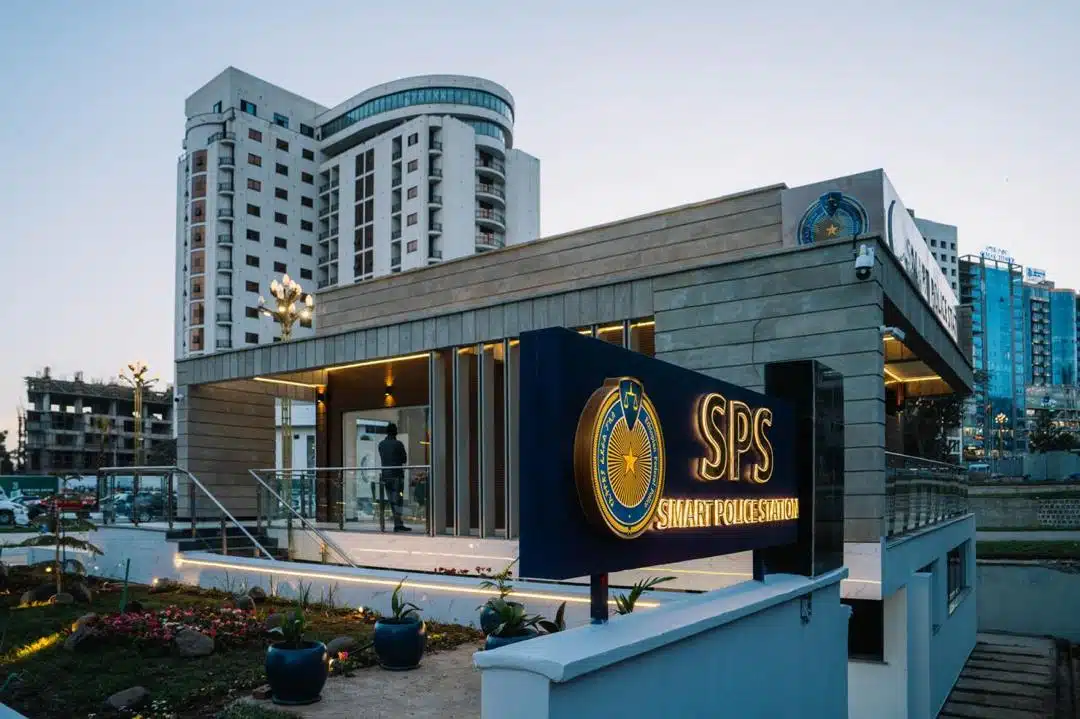- Starlink’s SpaceX has applied to the US Federal Communications Commission (FCC) for changes to Starlink, enabling gigabit-per-second broadband service. It reportedly promised gigabit speeds in 2016 and now plans to increase them from 100Mbps to 1Gbps.
- SpaceX claims that the requested modification and amendment will enable the Gen2 system to “deliver gigabit-speed, truly low-latency broadband and mobile connectivity to all Americans and the billions of people globally who still lack access to adequate broadband.”
- Additionally, SpaceX intends to lower the altitudes of its satellites to 480 km, 485 km, and 475 km. Elon Musk, the CEO, stated that “the next-generation Starlink satellites, which are so large that only Starship can launch them, will allow for a 10X increase in bandwidth and, with the reduced altitude, faster latency.”
Starlink has entered several African countries, including Kenya, Nigeria, and Zimbabwe, after facing bans and regulatory challenges, with Mali being the latest to lift its ban on Starlink for six months. However, it poses a competition for internet service providers already operating in these regions.
Starlink reportedly became Kenya’s tenth-largest internet service provider (ISP) just a year after its launch, gaining over 8,000 users and a 0.5 per cent market share as of June 30, 2024. It has also launched an affordable plan in Kenya.
Moreover, while Starlink seeks to increase its network speed, an Internet service provider (ISP), Safaricom, in Kenya boosted its fibre Internet speeds in a competitive move against the satellite service. Meanwhile, in 2023, Safaricom reportedly planned to launch satellite internet services to compete with SpaceX.
In Zimbabwe, NetOne, a telecoms company, launched 5G base stations to improve internet speeds and meet the demand for reliable, high-speed internet services following the launch of Starlink in the country. NetOne also affirmed its commitment to ensuring that urban and rural areas are connected via high-speed data networks.
In Cameroon, authorities expressed concern that Starlink’s entry into the market could threaten Camtel, the country’s national telecommunications and internet service provider.
What’s more, Starlink is seeking several “small-but-meaningful” updates to its Gen2 space station authorisation to improve space sustainability and efficiently share spectrum with other users. Additionally, it wants to change the elevation angles of its satellites to improve network performance and enhance customer connectivity.











